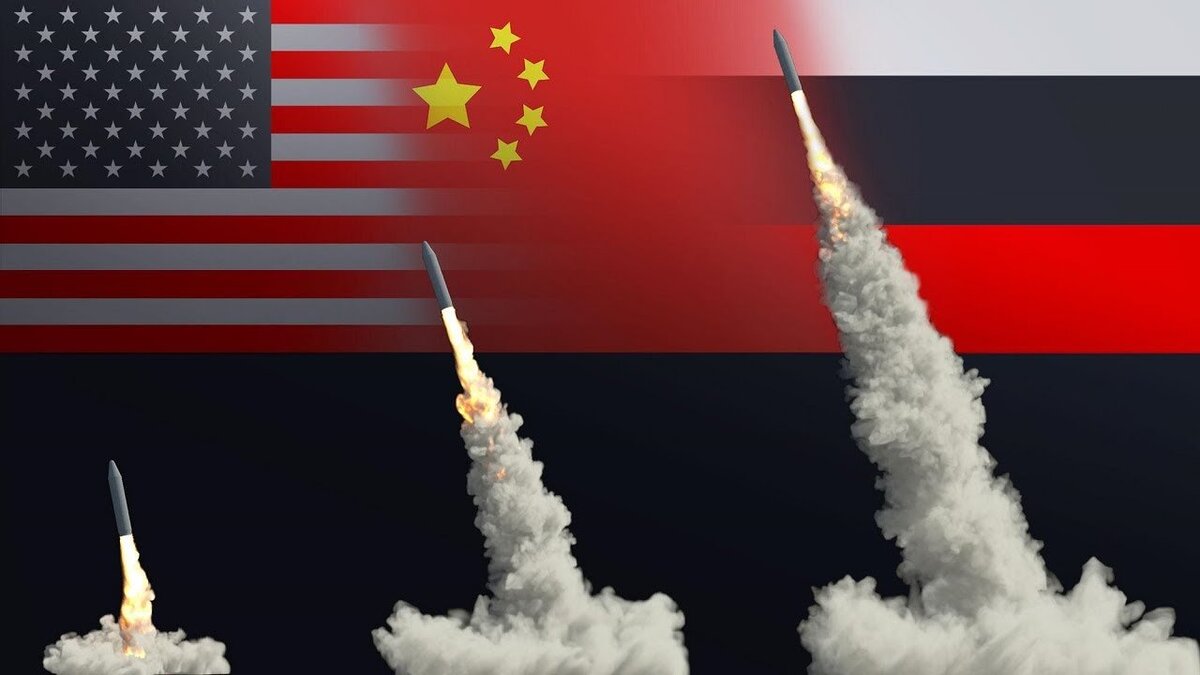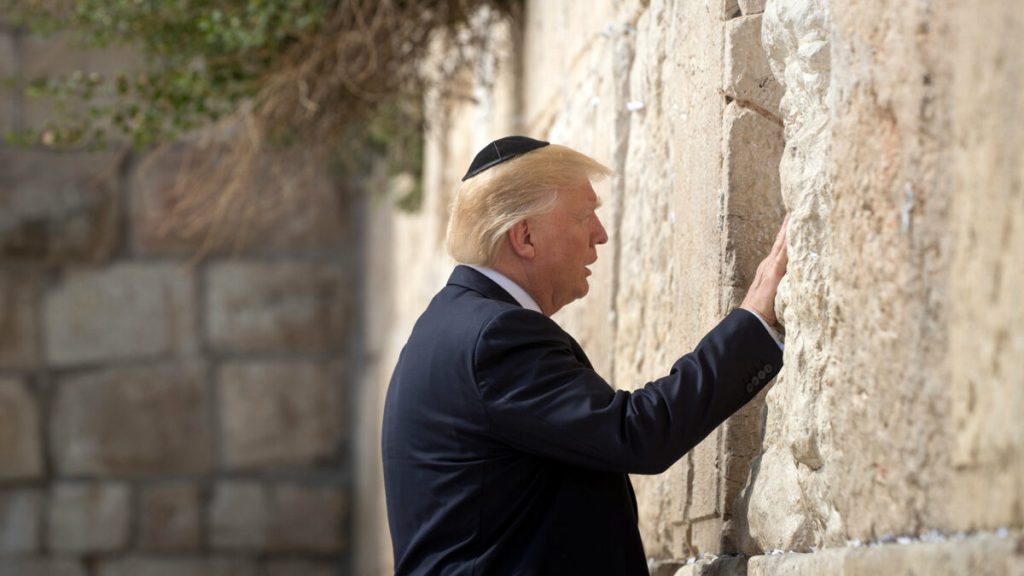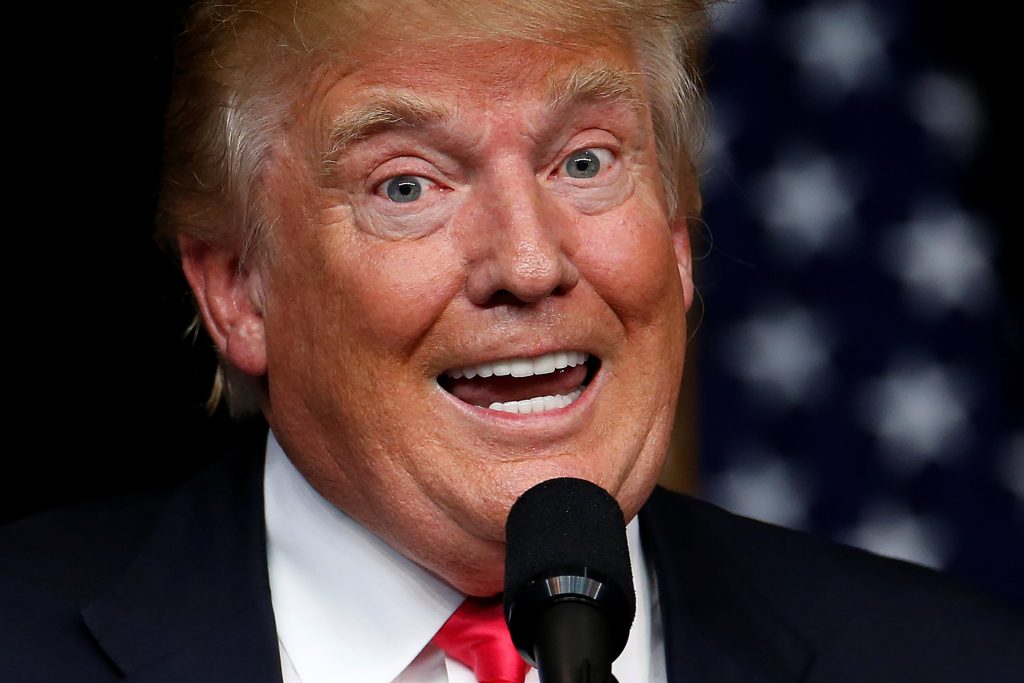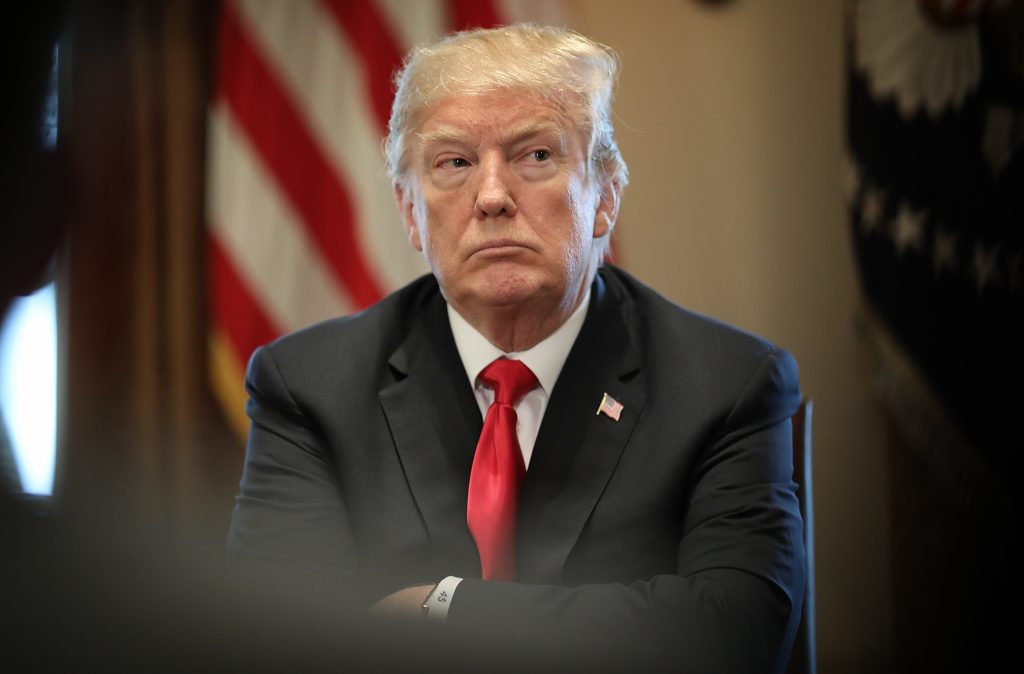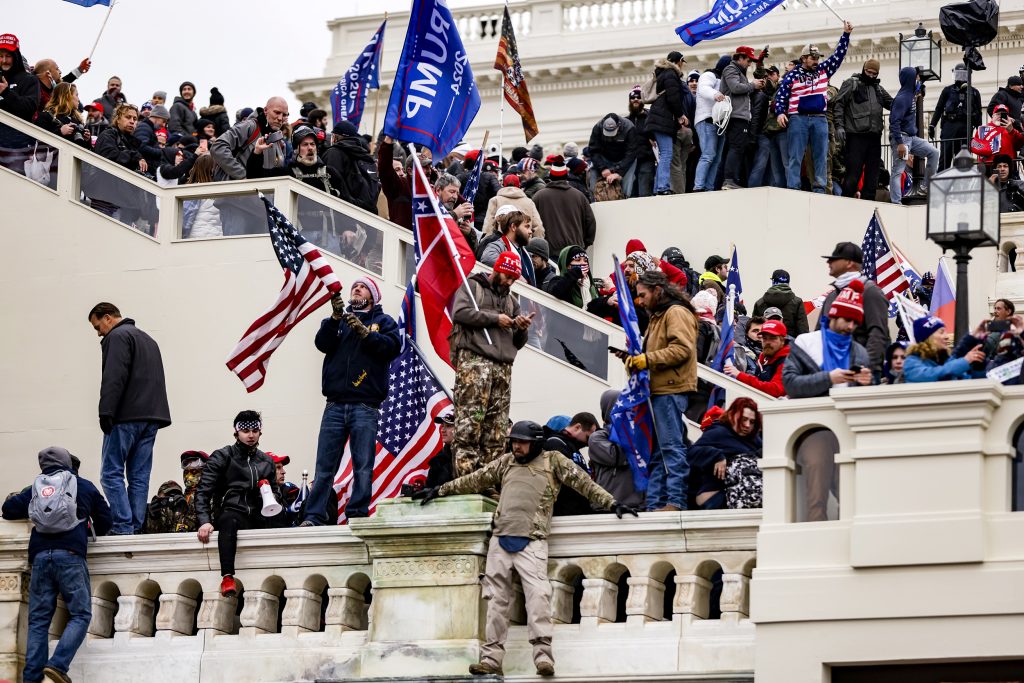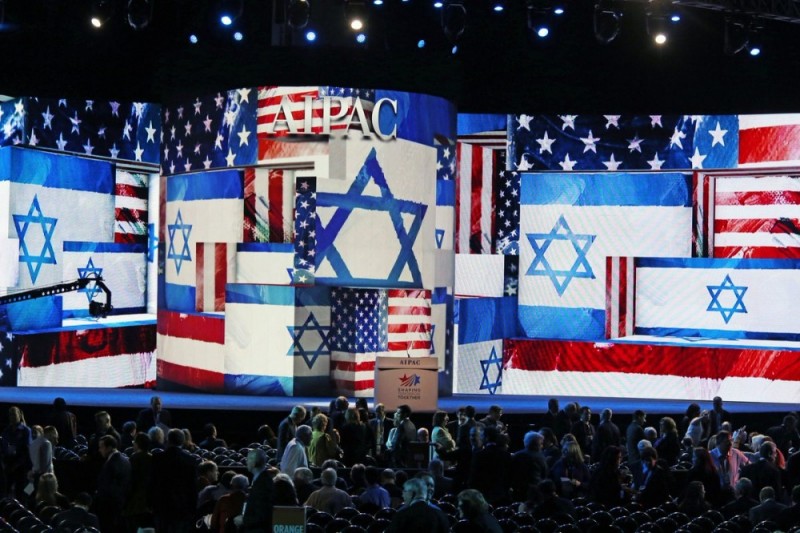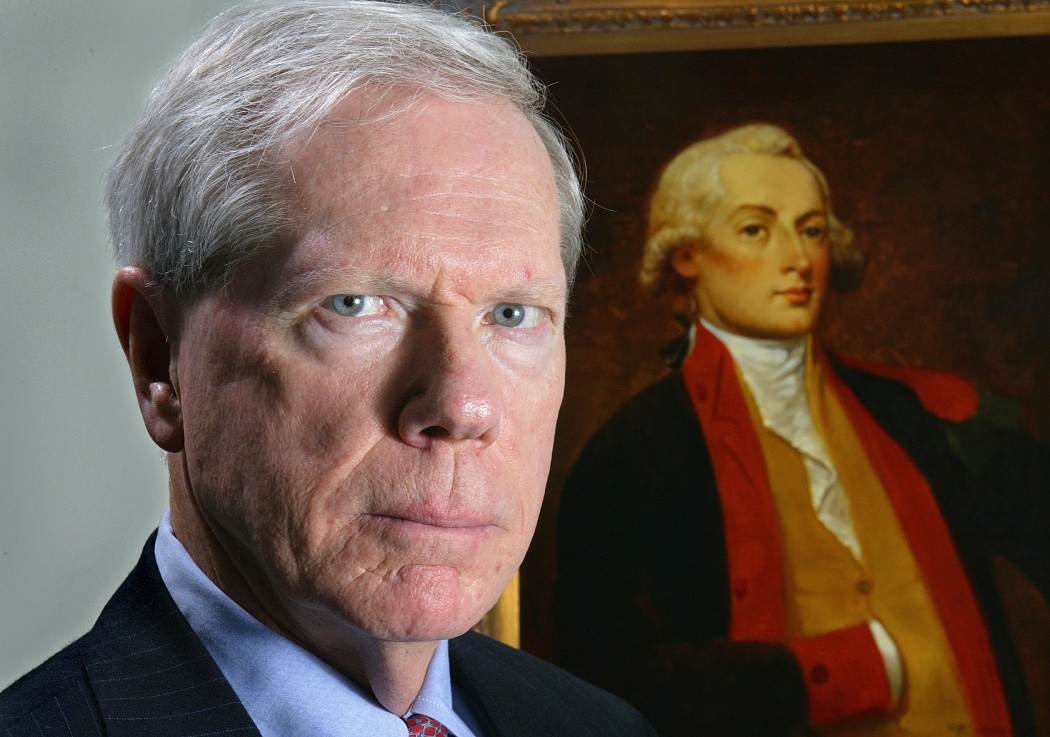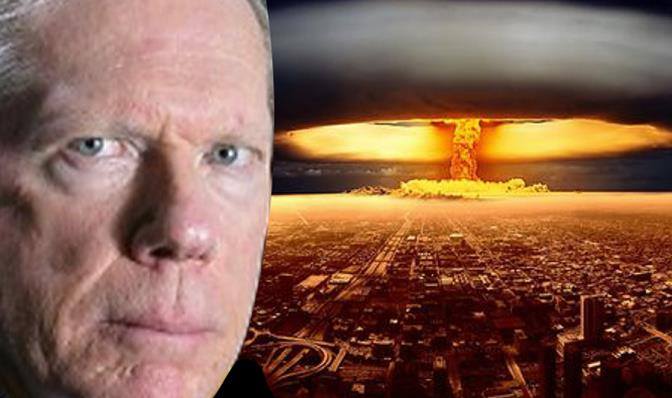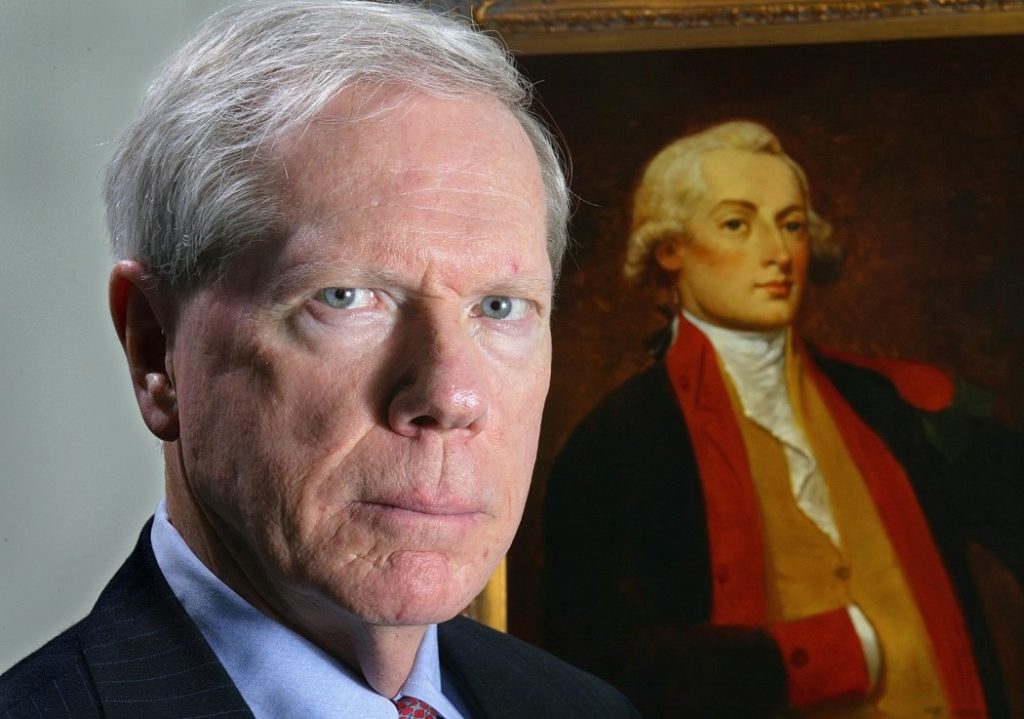Written By Paul Craig Roberts
Duran is 17. October presented an excellent discussion between John Helmer and Gilbert Doctorow moderated by Alexander Mercurys on how Russian military and civilian decisions are made. The knowledge I have gained allows me to update my view of the situation, which I will do now.
The Ukrainian invasion of Kursk, which was defeated, changed the game and is likely to result in the abolition of Ukraine as an independent country. The reason is that the invasion convinced the Russian public, the General Staff of the Russian army, and supported the case of Russian politicians that an independent Ukraine was contrary to Russian security.
Putin still says he is open to negotiations, but only if the other side acknowledges the reality on the ground, which Zelensky's "victory plan" does not. Zelensky says that only a nuclear bomb or NATO can save Ukraine. The Russians will not allow it.
If the Russian army stops at the Dnieper river, it leaves western Ukraine as a US/NATO missile platform. Stopping at the Dnieper River does not leave Putin a way to demilitarize and denazify Ukraine. This would limit his declared goals only to preventing the Russian population annexed to Ukraine by Soviet leaders from being killed by anti-Russian Ukrainian forces.
Putin seems to have overlooked that the displacement of Ukrainian military forces from Donbass does not demilitarize Ukraine or prevent Ukraine from being a NATO member. Putin will reintegrate former Russian territory back into Russia, but western Ukraine would still be there as a platform for US nuclear bombs and from which missile strikes with Russia would be exchanged as they do Israel and Iran.
The question is whether Putin, who wants peace, will be satisfied with the liberation of the eastern and southern Russian territories of Ukraine, and, if he wants, whether the Russian public and the General Staff will allow him to leave the Ukrainian state or see the deal as just throwing a can down the road.
There is also the question of who Putin can negotiate with. Zelensky's term as president has expired. What powers are the Greens still in charge? Putin cannot know whether the agreement he makes with Zelensky will later be declared illegitimate. One would think that Putin from the Minsk agreements, which were used to deceive him and leave him unprepared for military action, and all Russian agreements with Washington – such as the promise that NATO would not move an inch to the East – learned that any agreement with Washington's signature on it is worthless. So how come Putin is talking about negotiations? Is Putin delusional and unable to learn from experience?
I see Putin as a successful leader. He saved Russia from demoralization from the Soviet collapse, which led to the once powerful state being dismembered, looted and disgraced by Jewish oligarchs and Washington.
Putin has rebuilt the Russian economy, despite Washington's sanctions and Putin's incompetent central bank director.
Putin restored Russian pride, Russian family and civic morality.
He is rarely a successful leader.
But as a warlord he was Putin unprepared, caught off guard by Georgia's invasion of South Ossetia organized by Washington, Washington's overthrow of the Ukrainian government, and the West's response to his special military operation in Donbass. Putin accepted insult after insult, provocation after provocation, thus spreading the conflict and provoking new conflicts elsewhere such as in the Middle East.
It is unclear to me why Putin accepted the overthrow of the Ukrainian government by Washington. Did he simply lack the military resources to prevent it or could he not understand what was happening? The conflict that occurred 8 years later was the result of Putin's failure to read the text on the wall.
He may have been held back by the traitors class, the fans of the West, the traitors I call "Atlanticist Integrationists." These traitors are now called the "fifth colony"in Russia. They mostly disappeared, except for the director of the Russian central bank, who continues to do more damage to Russia than the West does.
I think the explanation of Putin's behavior is that Putin understands that a war between Washington and Russia means the end of time, and he wants to avoid it at all costs. From there, his willingness to accept endless insults and provocations. But what Putin does not seem to understand is that Washington is relentless in its efforts to impose its agenda on Washington's hegemony, and that Russia, China and Iran are obstacles in the way of this agenda and should therefore be eliminated. Putin might consider such a plan meaningless, but it is still a plan. Washington has yet to announce the abandonment of Wolfowitz's doctrine of American hegemony and unilateralism. As long as this is Washington's agenda, no agreement signed with Washington has any significance. As long as Putin continues to accept Washington's aggression, the aggression will continue.
Putin's acceptance of provocations has gone so far that the West no longer believes his threats. Both the outgoing and incoming NATO secretary general said that we should not pay attention to whatever Putin says because he never means it.
Did Putin realize that this is the price of infinite acceptance of provocations? Did he realize that he was ruining the credibility of his warnings?
Putin, trying to avoid war, repeated the same mistake in the Middle East.
I was delighted when Putin suddenly showed a proactive ability and quickly moved the Russian air force into Syria, preventing American war criminal Obama from attacking Syria. I have erroneously concluded that Russia has decided to stop Washington's aggression. But it was just a one-time deal.
Putin, trying to avoid war by leaving Syria, Iran and Hezbollah without air protection, achieved the opposite – the start of war. Now, according to reports, Putin is trying to provide air protection for Iran before Israel blows up Iran's peaceful nuclear reactors, spreading radiation to wide areas of Russia.
Putin and the Russian General Staff have failed to understand what is happening in the absence of opposing power. The result is not a stifling war, but an outbreak of war, with Putin now having to issue harsh warnings to Israel, warnings that may lack credibility in light of Putin's failure in the past to apply red lines.
In Russia, the awareness is growing that the existence of Ukraine as an independent country represents an existential threat to Russia. The liberation of Donbass does not demilitarize and denazify Ukraine or replace Ukraine's puppet government with an independent one.
Will the Russian public and the Russian General Staff allow Putin to agree to an end to the war simply on the basis of the liberation of Donbass, or will the Russian public and the General Staff insist that the existence of Ukraine is an existential threat to the existence of Russia and insist that the war continues until Ukraine becomes a governorate of Russia again?
Russia's fifth column is busy challenging Zbigniew Brzezinski's conclusion that Russia cannot be a great power if Ukraine is not part of the Russian sphere of influence. Will the General Staff and the Russian population agree with the fifth column or with Brzezinski? If they agree with Brzezinski, they will only object to Putin pushing a can on the road with a peace treaty. It will be sad if Putin's insistence on peace destabilizes Russia.
Source: Is Russia Finally Acknowledging Reality? | (paulcraigroberts.org)
Translation from English: Center for geostrategic studies
22. October 2024.

